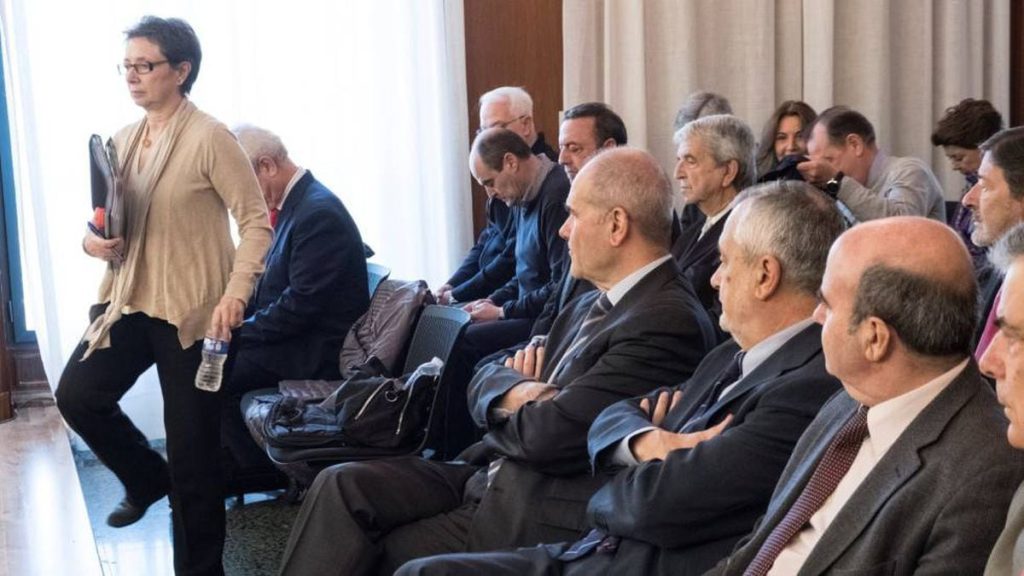The Constitutional Court is expected to grant protection to the former Finance Minister of the Andalusian Regional Government, socialist Carmen Martínez Aguayo, in the ERE case, which will result in a new ruling from the Court of Seville exonerating her from the embezzlement charges she was convicted of in 2019. Martínez Aguayo was sentenced to six years in prison for embezzlement and prevarication, and entered prison in December 2022. Just two weeks ago, she was granted semi-liberty after spending a year and a half in prison. The former President of the Regional Government, José Antonio Griñán, was also convicted of the same charges of embezzlement and prevarication, and will likely benefit from this interpretation of the Constitutional Court’s decision, according to legal sources. The 2019 ruling by the Court of Seville was upheld in 2022 by the Supreme Court, making this decision by the Constitutional Court a blow to both courts. This decision, along with the recent review on the charge of prevarication, could significantly impact the sentences of the 15 individuals prosecuted in the ERE case.
The ERE case concluded that between 2000 and 2009, the leadership of the Andalusian PSOE, which was in power in the Regional Government, orchestrated a fraudulent system involving 680 million euros that distributed funds to struggling companies to ensure “social peace” in the midst of “complete chaos.” Five former high-ranking officials of the Regional Government were disqualified for prevarication, and ten others were also sentenced to prison for embezzlement (including former President Griñán, who did not serve time in prison due to health reasons). The Constitutional Court previously questioned the conviction regarding one of the charges, prevarication, stating that this offense cannot occur in the approval of a Budget Law (which included allocations for the fraudulent ERE subsidies) because a law is not an “administrative act.” The recent decision regarding Martínez Aguayo’s embezzlement charge further challenges the previous rulings by both the Court of Seville and the Supreme Court.
The argument put forth by the Constitutional Court is that there could not have been embezzlement by the political leaders of the Andalusian Regional Government who were not directly involved in the Employment Department, responsible for awarding aid to struggling companies. This aligns with the position taken by two Supreme Court judges in 2022 who argued that the embezzlement convictions of officials, including Griñán, who were not part of the Employment Department, were based on inconclusive evidence and were unsupported. This perspective was also shared by legal experts like Gonzalo Quintero Olivares, who criticized the application of embezzlement charges to officials outside the Employment Department. The Constitutional Court’s decision builds upon this reasoning to support its stance in favor of removing the embezzlement charge from several ERE convicts.
The Constitutional Court had previously indicated that the ruling on Magdalena Álvarez’s case would influence future decisions regarding the ERE case, including appeals from former Presidents Manuel Chaves and José Antonio Griñán. Each appeal may have unique aspects, but the principles established in the ruling on Álvarez’s case would likely apply to the others. All appeals were assigned to the same rapporteur, Vice President of the Constitutional Court Inmaculada Montalbán, to ensure a comprehensive overview of the case. The changes in interpretation by the Constitutional Court could significantly impact the outcome of the ERE case and lead to a reevaluation of the convictions of those involved in the scandal. This decision marks a significant shift in the legal perspective on the ERE case and could have far-reaching implications for the individuals convicted in the scandal.


